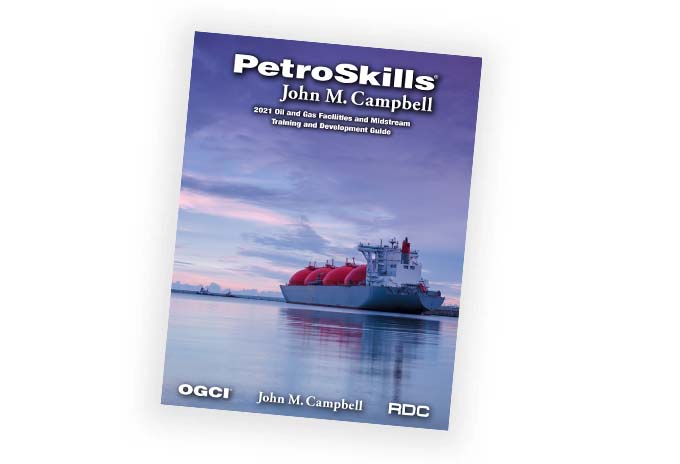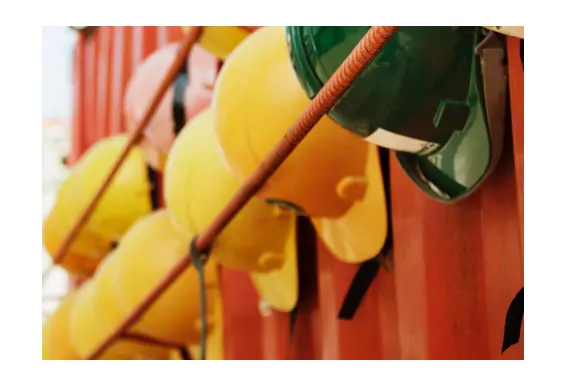Directional, Horizontal, and Multilateral Drilling - DHD
About the Course
This course builds a firm foundation in the principles and practices of directional drilling, calculations, and planning for directional and horizontal wells. Specific problems associated with directional/horizontal drilling such as torque, drag, hole cleaning, logging, and drill string component design are included.
Participants will receive instruction on planning and evaluating horizontal wells based on the objectives of the horizontal well. The basic applications and techniques for multi-lateral wells are covered in the course. Additionally, they will become familiar with the tools and techniques used in directional drilling such as survey instruments, bottomhole assemblies, motors, steerable motors, and steerable rotary systems. Participants will be able to predict wellbore path based on historical data and determine the requirements to hit the target.
"Very interesting and filled in gaps." - Drilling Engineer, United States
"The trainer is industry professional with a great experience to share with participants. The course covers not only regional practices but worldwide used." - Challenger Drilling Engineer, United Kingdom
Target Audience
Drilling, production and operations engineers, field supervisors, toolpushers, managers, and technical support personnel.You Will Learn
Participants will learn how to:
- Make survey calculations
- Interpret TVD, polar and rectangular coordinates, and vertical section
- Interpret dogleg severity and the problems associated with dogleg severity
- Plan a two-dimensional directional well
- Plan horizontal wells based on the objectives of the well
- Determine the best multi-lateral completion for an application
- Determine declination and non-magnetic drilling collar selection
- Apply the best survey instrument for the job
- Directionally drill with rotary BHAs, jetting, whipstocks, motor, steerable motors, and rotary steerable systems
- Drill horizontally underbalanced
- Interpret torque and drag and determine what factors will affect the torque and drag
- Determine cementing requirements for directional wells
Course Content
- Applications for directional drilling
- Directional profiles
- Extended reach wells
- Survey calculations and accuracy
- Dogleg severity calculations and problems associated with doglegs
- Planning directional and horizontal wells
- Horizontal drilling methods and applications
- Logging high angle wells
- Hole-cleaning
- Multi-laterals
- Types of survey instruments
- Tools used to deflect a wellbore
- Torque and drag calculations
- Cementing
Product Details
Categories:
UpstreamDisciplines:
Well Construction/Drilling Unconventional ResourcesLevels:
IntermediateProduct Type:
CourseFormats Available:
In-ClassroomInstructors:
Alan HippmanAdditional
Request a Public Session
If you are interested in a public session of this course, please click the button below to request it.
Request Public SessionIn-House Training
This course is also available upon request as a private, on-site seminar. Contact us for details and pricing.
Request In-House TrainingNeed Help
Contact us if you have additional questions about how to register for or attend this course.
Contact Us



